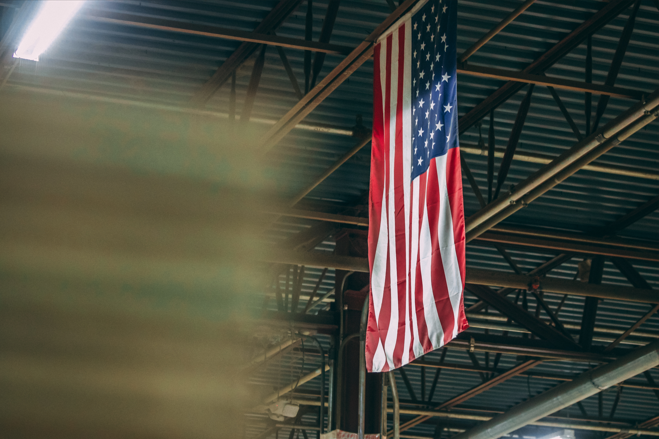U.S. Court Blocks Broad Use of IEEPA Tariffs
On May 28, the U.S. Court of International Trade issued a ruling that blocks most of President Trump’s recent tariffs imposed under the International Emergency Economic Powers Act (IEEPA), finding that the president exceeded his authority under the statute.
A three-judge panel ruled that while the Constitution grants Congress the power to regulate international commerce, the president’s emergency authorities do not permit across-the-board tariff actions of the type enacted since January 2025. The court issued a permanent injunction and ordered the administration to revise the relevant tariff orders within 10 days.
"Because of the Constitution's express allocation of the tariff power to Congress…we do not read IEEPA to delegate an unbounded tariff authority to the President," the court wrote.
The ruling applies only to tariffs imposed under IEEPA, including the 10% baseline tariff, but does not affect measures issued under other trade laws, such as Section 232 (national security) or Section 301 (unfair trade practices). Existing tariffs on autos, steel and aluminum remain in place.
The court also invalidated:
- 25% tariffs on products from Canada and Mexico imposed in response to illegal migration and drug trafficking
- 20% tariffs on most goods from China tied to allegations of fentanyl precursor production
The decision stems from lawsuits filed by five U.S. businesses and 12 states, including a challenge led by the Oregon Attorney General. The plaintiffs argued that the tariffs were economically damaging and lacked legal justification.
The Trump administration has filed a notice of appeal and questioned the court’s authority to restrict presidential discretion in declaring national emergencies. A White House spokesperson said U.S. trade deficits represent a national emergency that “has decimated American communities, left our workers behind and weakened our defense industrial base.”
The case may ultimately be reviewed by the U.S. Court of Appeals for the Federal Circuit and potentially the Supreme Court. National Economic Council Director Kevin Hassett said the administration is not yet pursuing alternative options. “There are different approaches that would take a couple of months to put these in place and using procedures that have been approved in the past or approved in the last administration, but we’re not planning to pursue those right now,” Hassett said.
NMMA will continue to monitor and share updates as they become available, including any developments from the appeals process or potential changes to tariff authority. For questions or feedback, contact Clay Crabtree, Senior Director of Public Policy, at [email protected].





